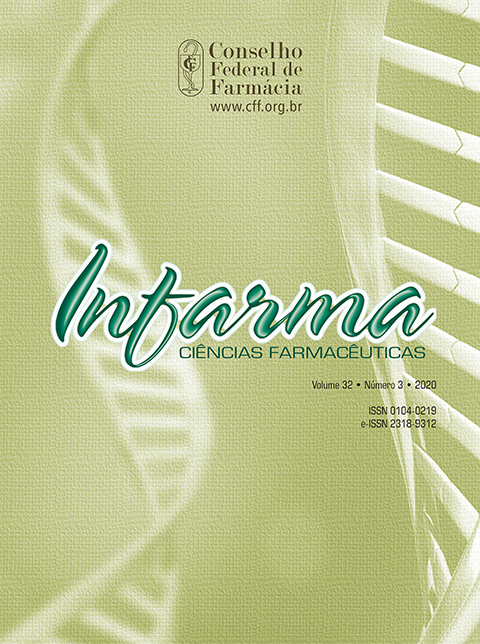CHALLENGES FOR ACCEPTANCE OF HOMEOPATHY AS AN INTEGRATIVE AND COMPLEMENTARY PRACTICE IN SUS
DOI:
https://doi.org/10.14450/2318-9312.v32.e3.a2020.pp223-231Keywords:
Homeopathy, SUS, integrative and complementary practicesAbstract
Homeopathy is a holistic therapy, founded in 1796, whose main objective is to treat the individual seeking their integral care. It arrived in Brazil in 1840 and was introduced to the Unifi ed Health System (SUS) in 2006, after being defi ned as an integrative and complementary practice. However, homeopathic therapy is poorly accepted by managers, health professionals, and users of the public system. This study aims to overview this therapy use an detect the challenges for its acceptance in the SUS. The research was developed in a quantitative exploratory way, through the questionnaire application, as well as a literature review for data correlation. The survey had 130 participants, mostly women aged 18 to 29 years. In the main aspect of the study, 95.4% of people know or at least have heard of homeopathy. However, only 16.9% make use of this therapy, and 60.5% claimed not to know that SUS can off er the treatment. The lack of studies aimed at its scientifi c proof and the lack of scientifi c and extension projects in undergraduate courses, culminating in the low aptitude of health professionals in approaching the homeopathic treatment system. Thus, it is crucial to include Homeopathy in the Health worker’s undergraduate courses and carry on public campaigns for the dissemination of therapy is highlighted.
Downloads
Published
How to Cite
Issue
Section
License
Authors who publish in this journal agree to the following terms:
- Authors retain the copyright and grant the journal the right of first publication, with the work simultaneously licensed under the Licença Creative Commons Attribution which allows the sharing of work with acknowledgment of authorship and initial publication in this journal.
- Authors are authorized to take additional contracts separately, for non-exclusive distribution of the version of the work published in this journal (e.g. publish in institutional repository or as a book chapter), with acknowledgment of authorship and initial publication in this journal.
- Authors are allowed and encouraged to publish and distribute their work online (e.g. in institutional repositories or on their personal page) at any point before or during the editorial process, as this can generate productive changes as well as increase the impact and Citation of published work (See O Efeito do Acesso Livre ).


